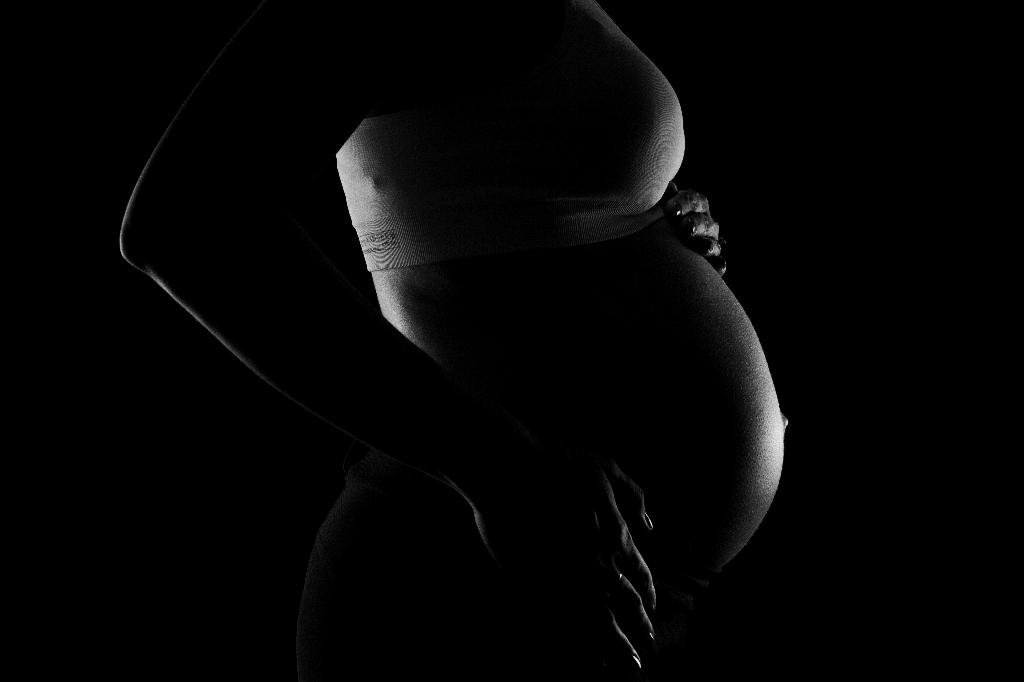When it comes to discussing the concept of full term pregnancy, there is often some confusion surrounding the exact gestational age at which a baby can be considered full term. In the past, the definition of full term encompassed a broader range, spanning from 37 weeks to 42 weeks of gestation. However, with advancements in medical research and a deeper understanding of fetal development, the definition of full term pregnancy has been refined to begin at 39 weeks.
At 39 weeks gestation, a pregnancy is now recognized as full term. This revised definition stems from the recognition that babies born at 39 weeks tend to have lower rates of complications compared to those born earlier, particularly in terms of lung development and overall readiness for life outside the womb.
While 37 weeks used to be included in the full term category, it is now considered preterm. Babies born at 37 weeks are classified as early term, falling just shy of the new full term benchmark. At this stage, certain vital organs such as the brain and lungs may not have fully matured, potentially increasing the risk of health challenges for the newborn.
It is essential to acknowledge the significance of those final weeks of pregnancy in terms of the baby’s development and preparedness for birth. The last weeks in the womb are crucial for the baby to undergo vital growth processes that set the stage for a smoother transition into the world.
Expectant parents should be mindful of the shift in the definition of full term pregnancy and strive to aim for reaching at least 39 weeks before welcoming their little one into the world. By allowing the baby those extra weeks to develop and grow inside the womb, parents can contribute to ensuring a healthier start for their newborn.
Medical professionals emphasize the importance of aiming for at least 39 weeks not only to reduce the risk of complications but also to promote optimal health outcomes for both the baby and the mother.
Ultimately, while 37 weeks was once considered part of the full term spectrum, the current consensus within the medical community is that a pregnancy reaches full term at 39 weeks. This distinction underscores the critical role that those final weeks play in supporting the baby’s overall well-being and development.
By aligning with the updated understanding of full term pregnancy, parents can make informed decisions regarding the timing of birth and prioritize the health and wellness of their newborn.
Therefore, in light of the evolving medical consensus on full term pregnancy, it is now established that 37 weeks is not considered full term, with the new designation beginning at 39 weeks.
Ultimately, prioritizing the baby’s development and well-being by aiming for at least 39 weeks gestation can significantly impact their health outcomes and ensure a smoother transition into the world.

